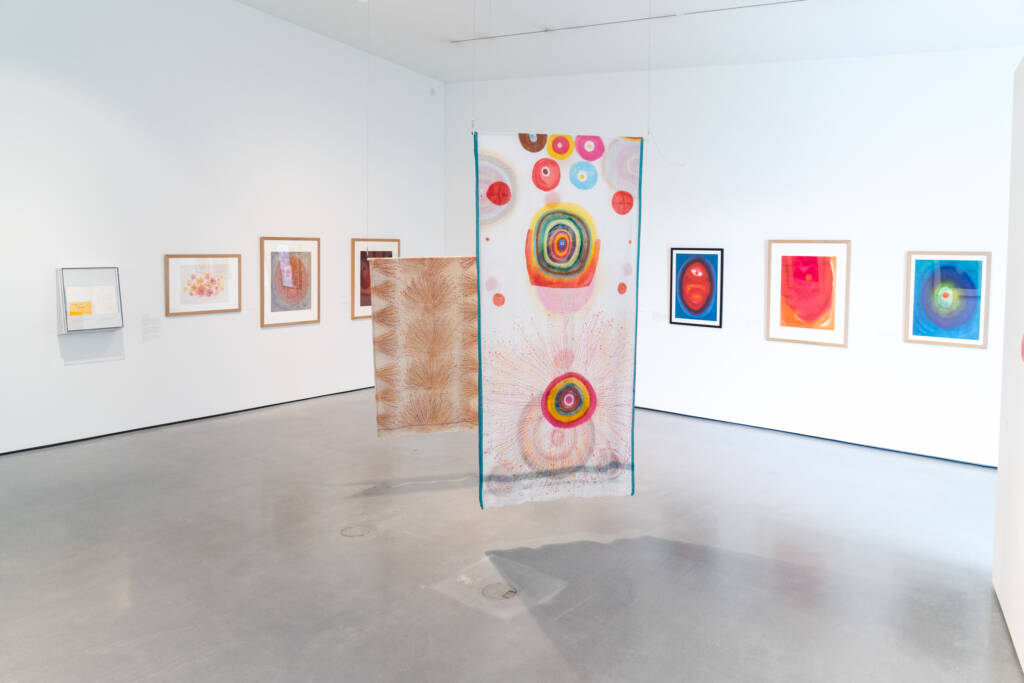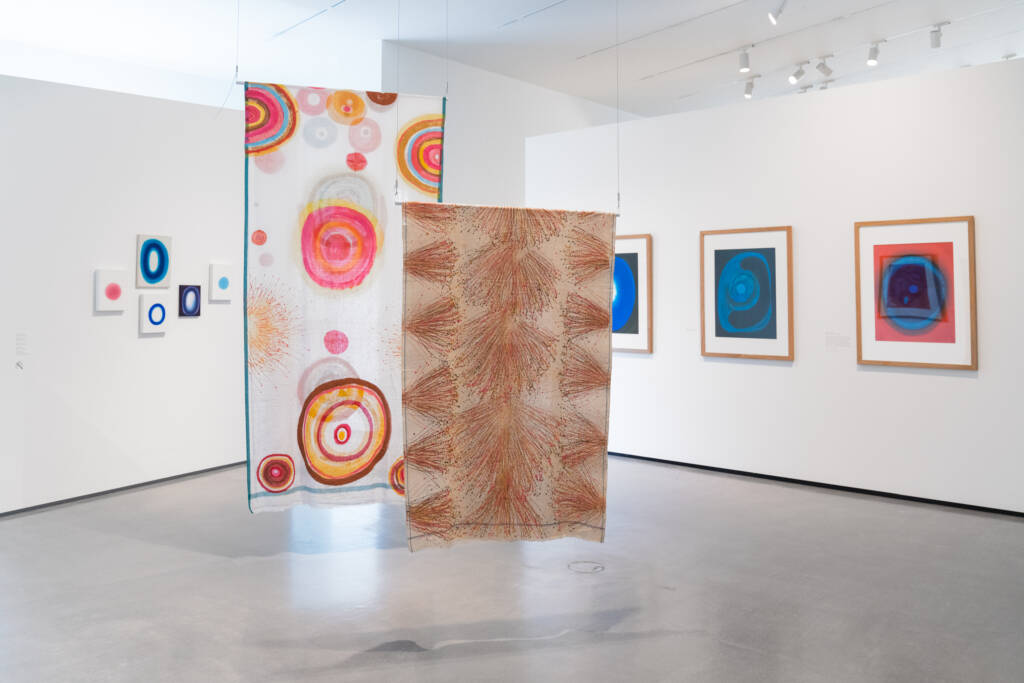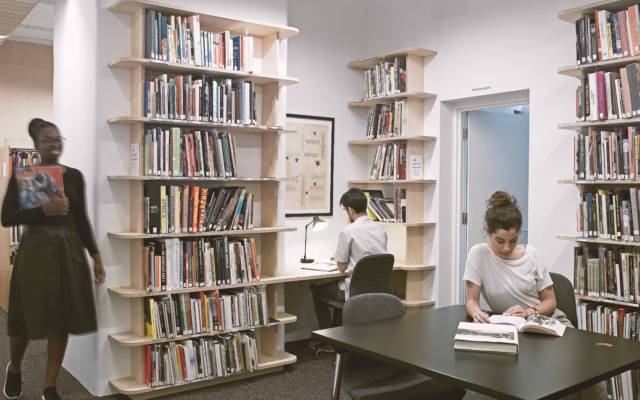
Prafulla Mohanti’s (b. 1936, in Odisha, India) first exhibition was in Wakefield in 1964, as part of a show called Modern Art in Yorkshire, which showcased 10 local artists. For this exhibition, Mohanti presented 20 watercolours and created a performance during which he interacted with his paintings through movement. Two works by the artist – Floral Theme, 1962 and Composition, 1960s – were also acquired into Wakefield’s art collection in the early 1960s and mark the first acquisitions of his work by a UK institution.
This spring, The Hepworth Wakefield will display these two paintings together with a range of other works by the artist, spanning six decades. The display will explore the enduring importance of bright concentric circles and movement within the artist’s work. As a child growing up in a small village in Odisha, Mohanti was taught to draw three circles to represent the Hindu trinity – Brahma (the creator), Vishnu (the preserver) and Mahesh (the destroyer) – responsible for the endless cycle of creation and destruction. For Mohanti, the circle is ‘absolute abstraction’, both void and container of everything.
After studying architecture in Mumbai, Mohanti moved to Leeds in 1962 to study as a town planner. It was here that he began his artistic practice, painting in bright colours to remind him of home and lift the greyness he felt in England. He also taught yoga and classical dance to local communities and later, his artistic practice expanded to incorporate writing and community projects. In 1969, Mohanti left Yorkshire for London, where he still resides today.
This is the first exhibition of Mohanti’s work in Wakefield since Modern Art In Yorkshire. It is the result of new research focused on work by artists of African, Caribbean, Asian or MENA heritage within Wakefield’s art collection by the Future Collect Curatorial Trainee, Amber Li. Future Collect is a partnership programme with iniva, funded by Arts Council England, Art Fund and Esmée Fairbairn Foundation, which aims to transform the future of public collections throughout the UK to better reflect our culturally diverse society.





